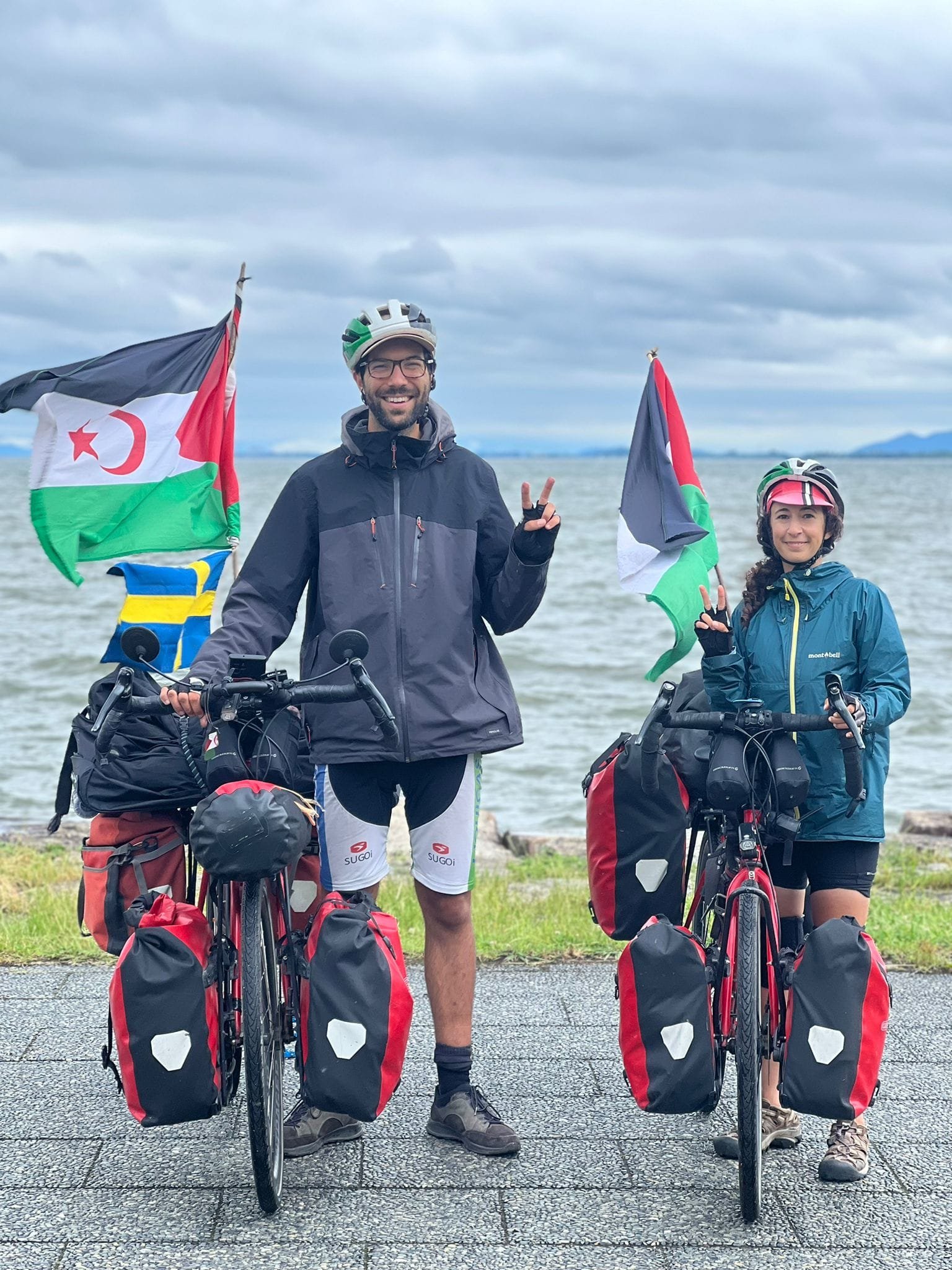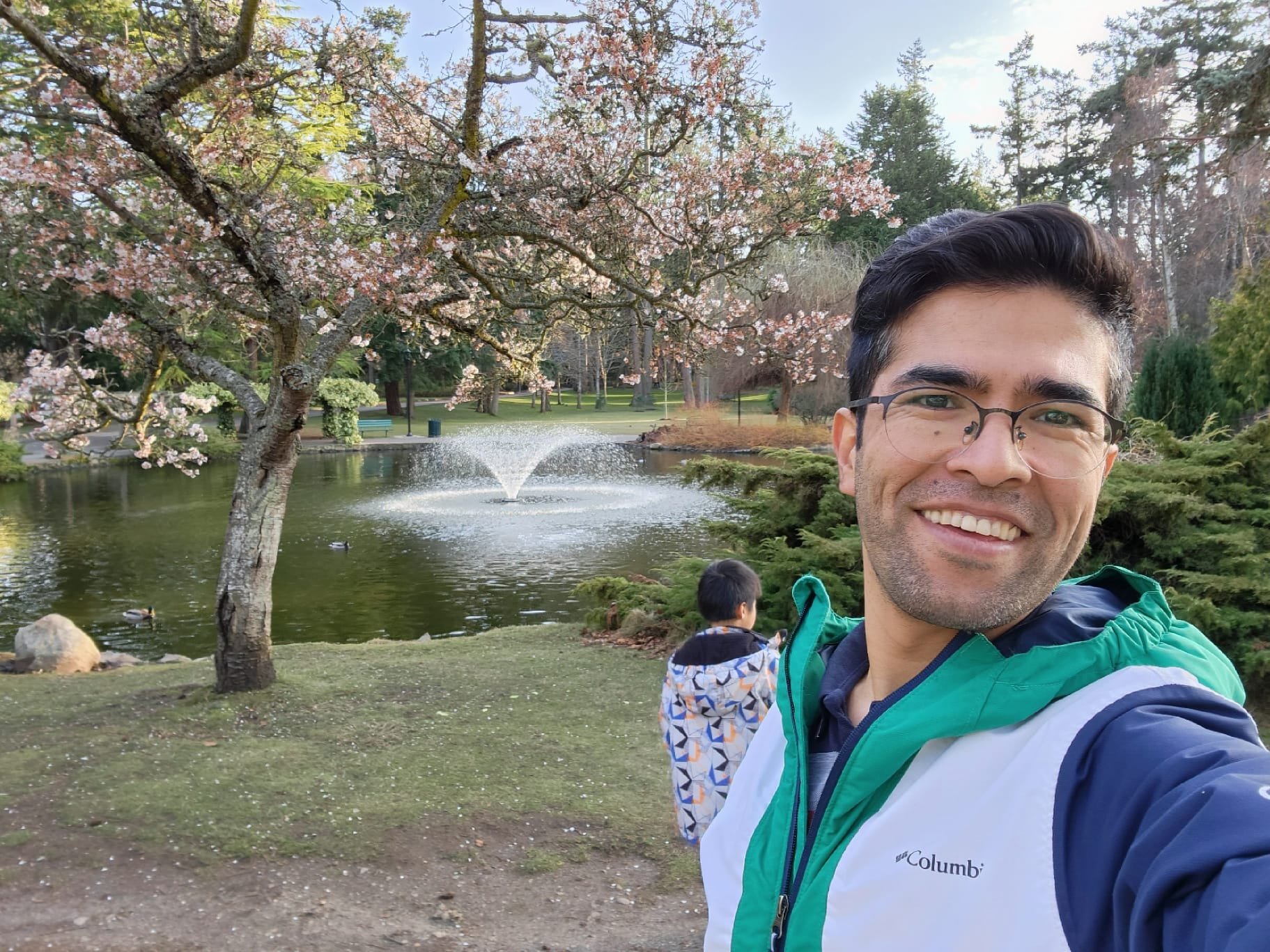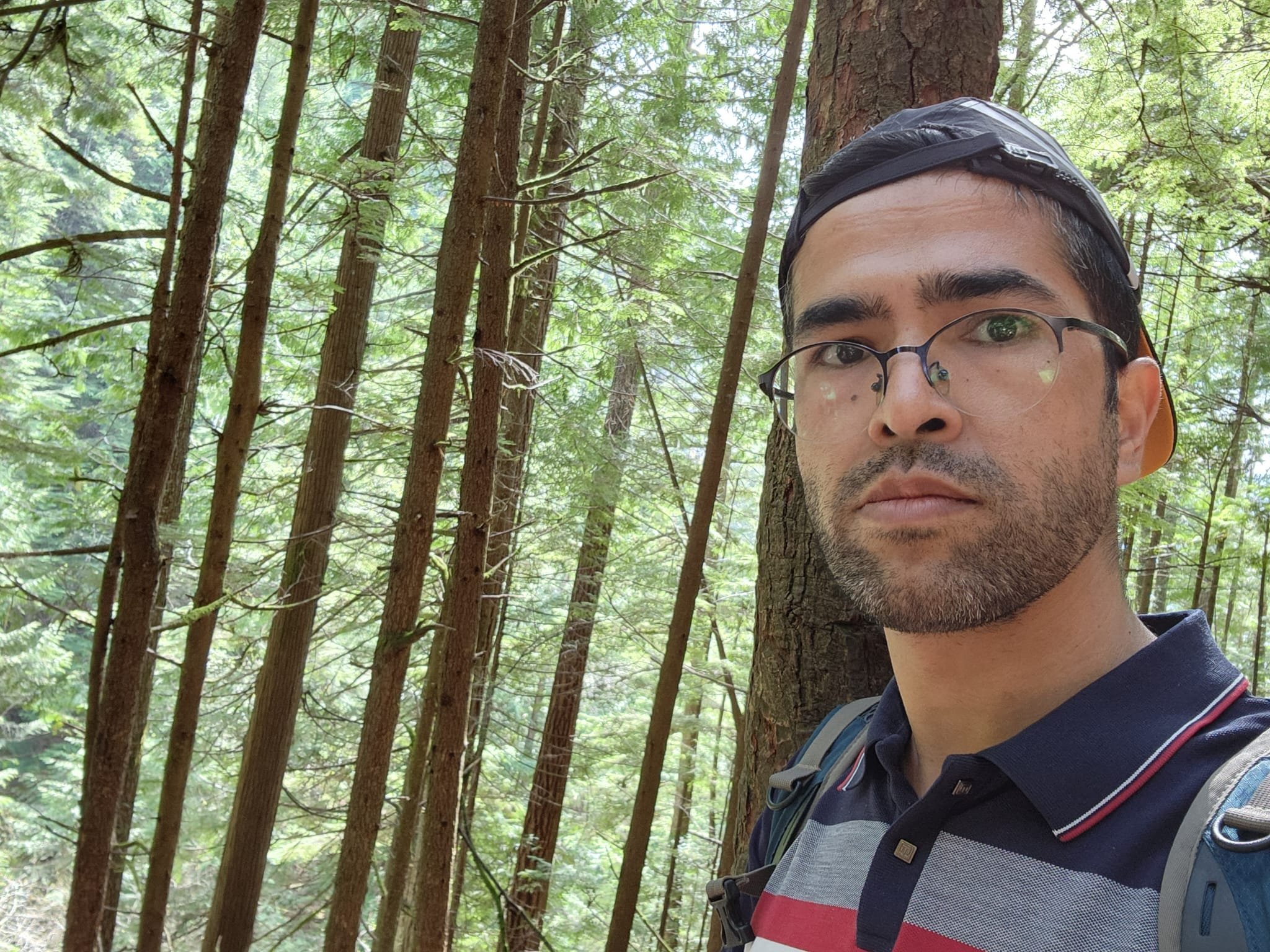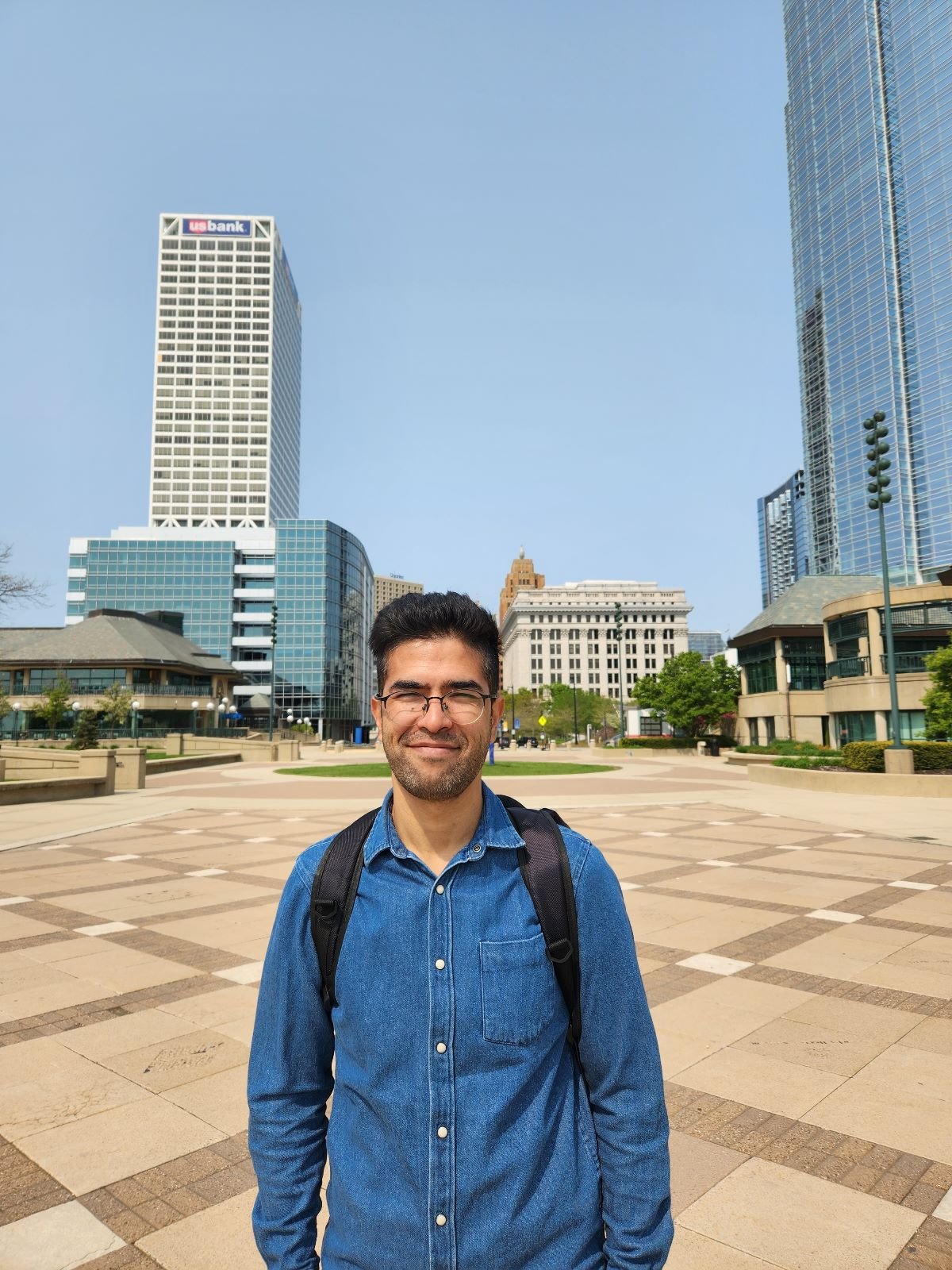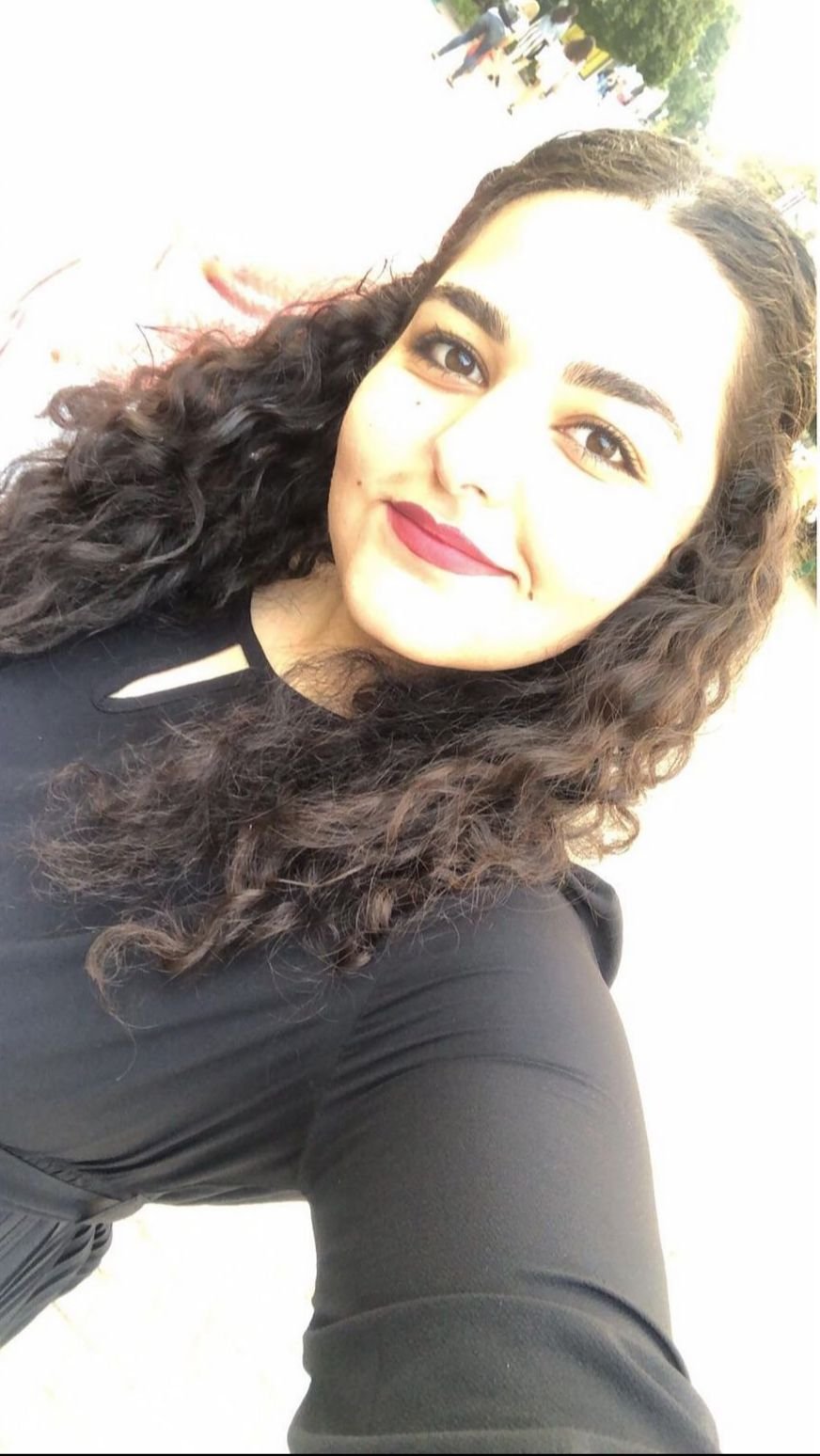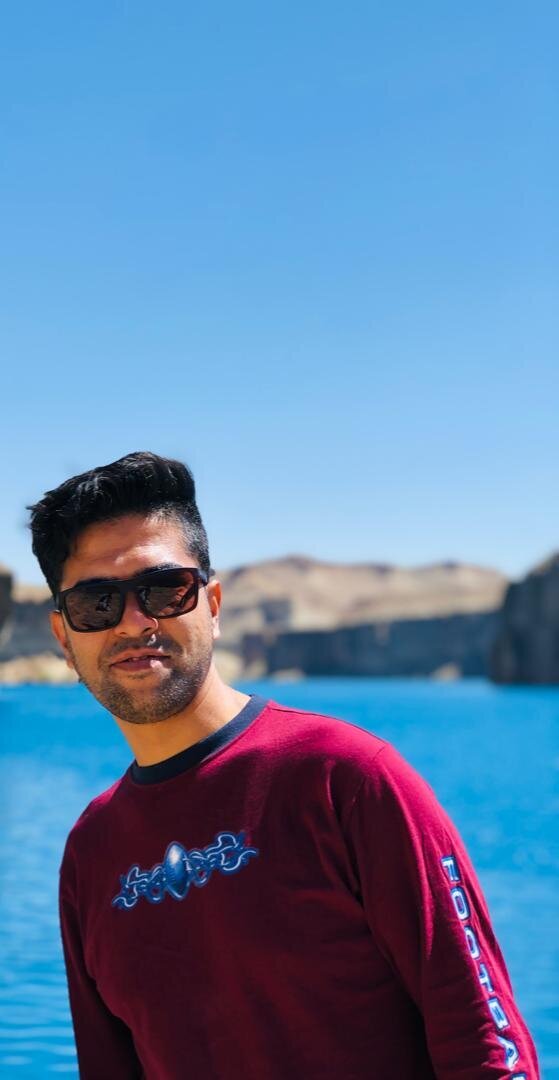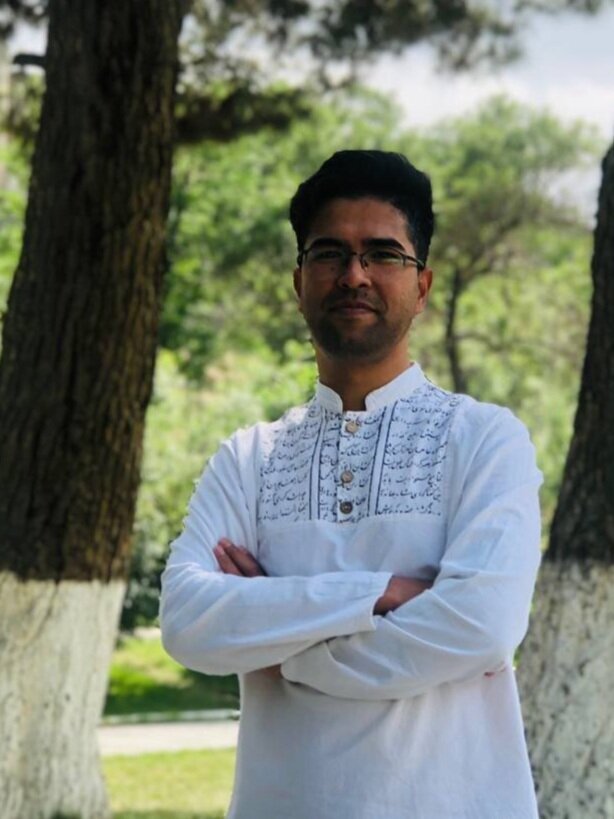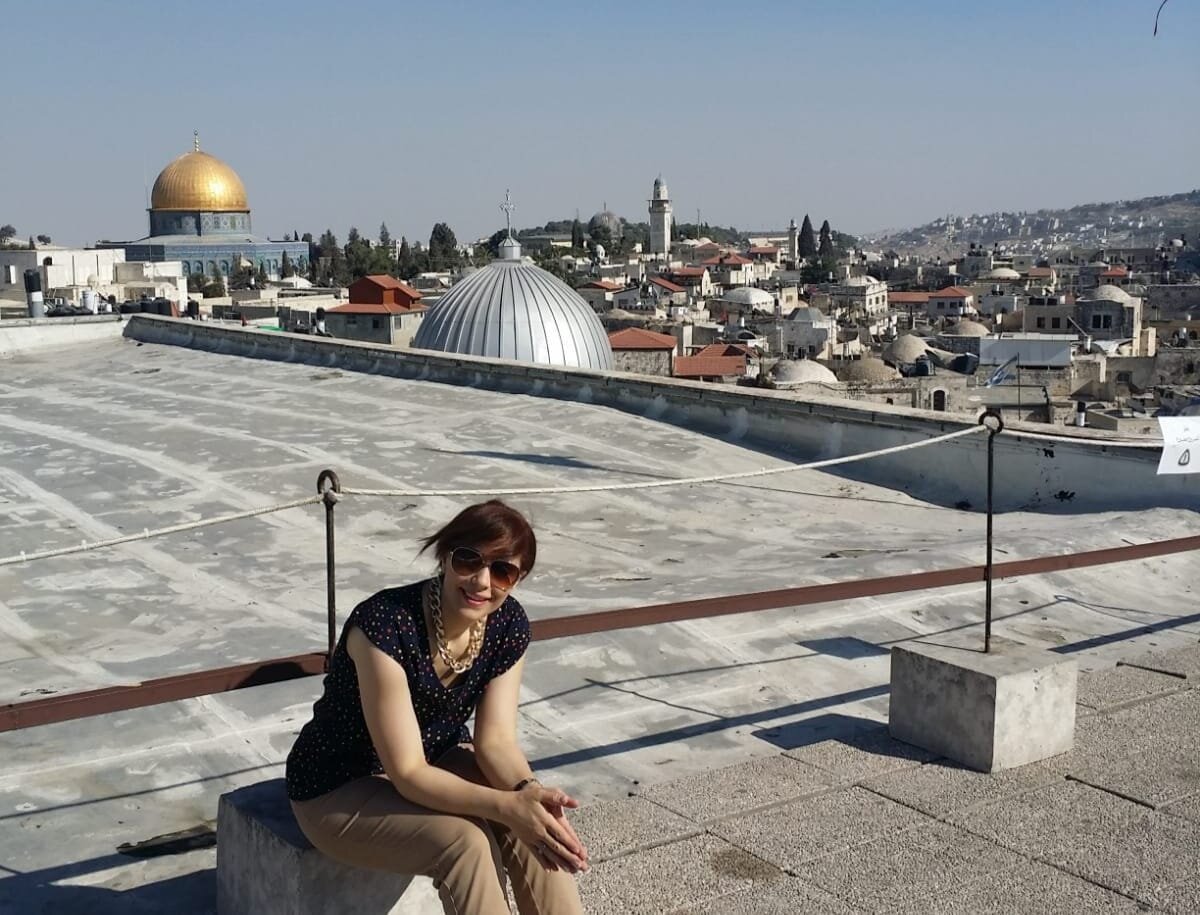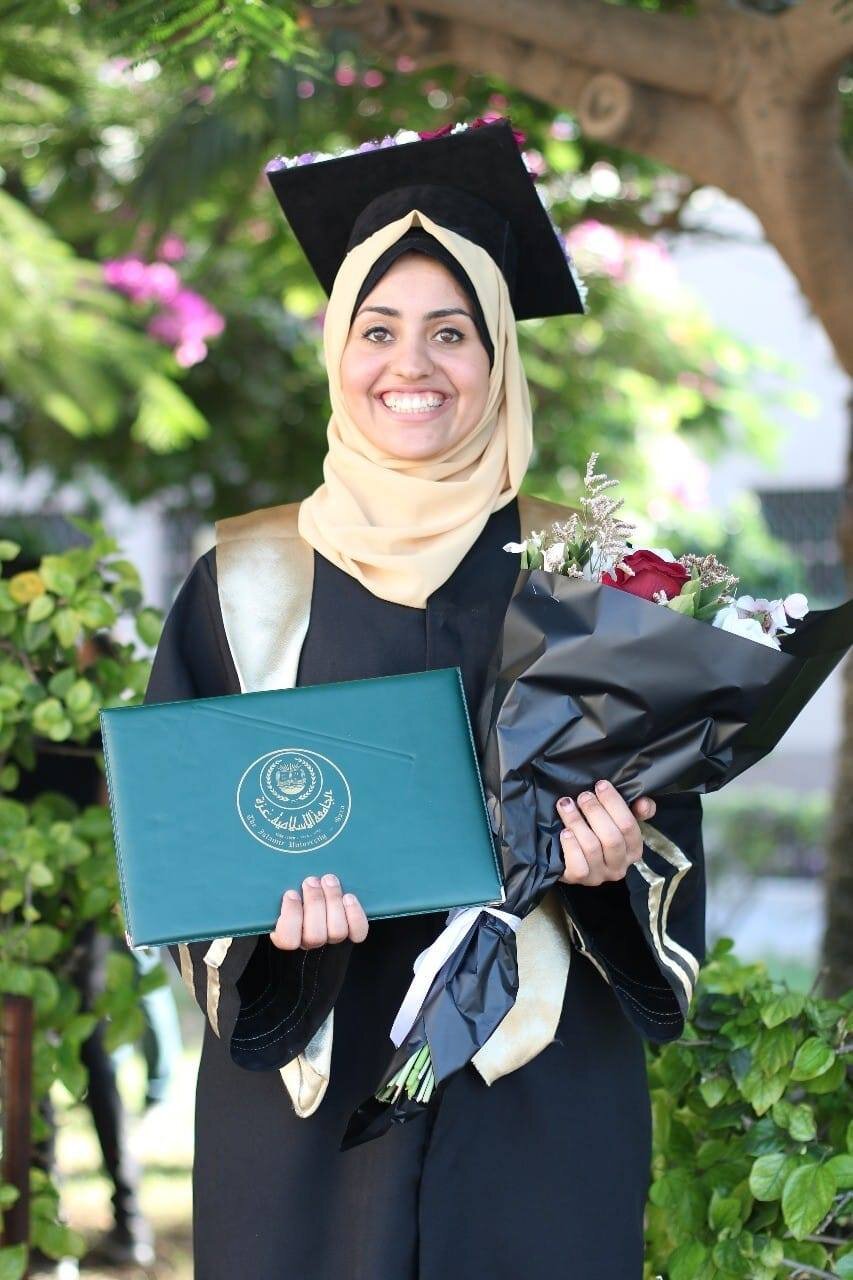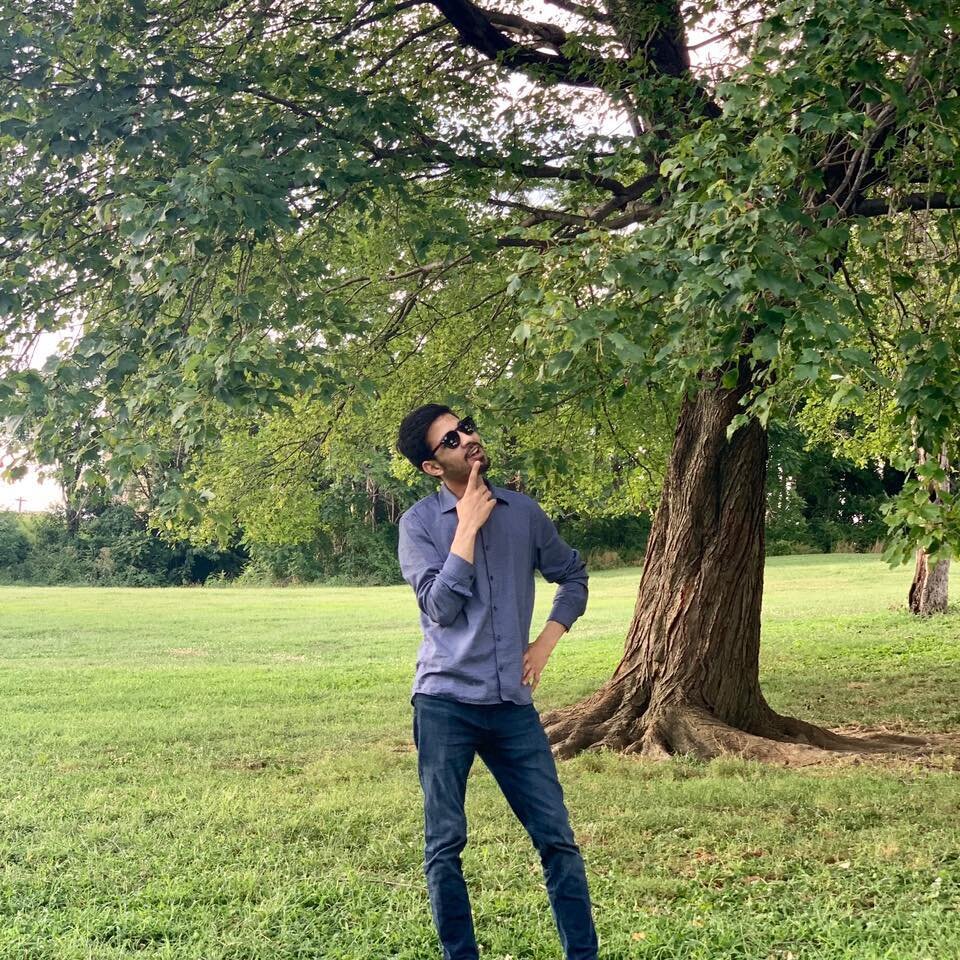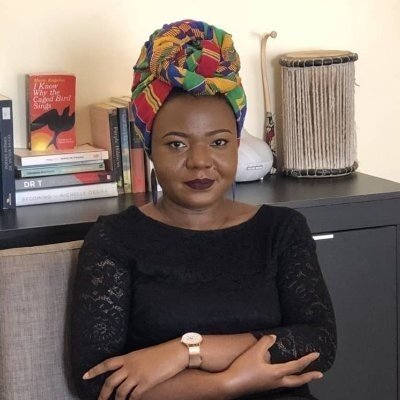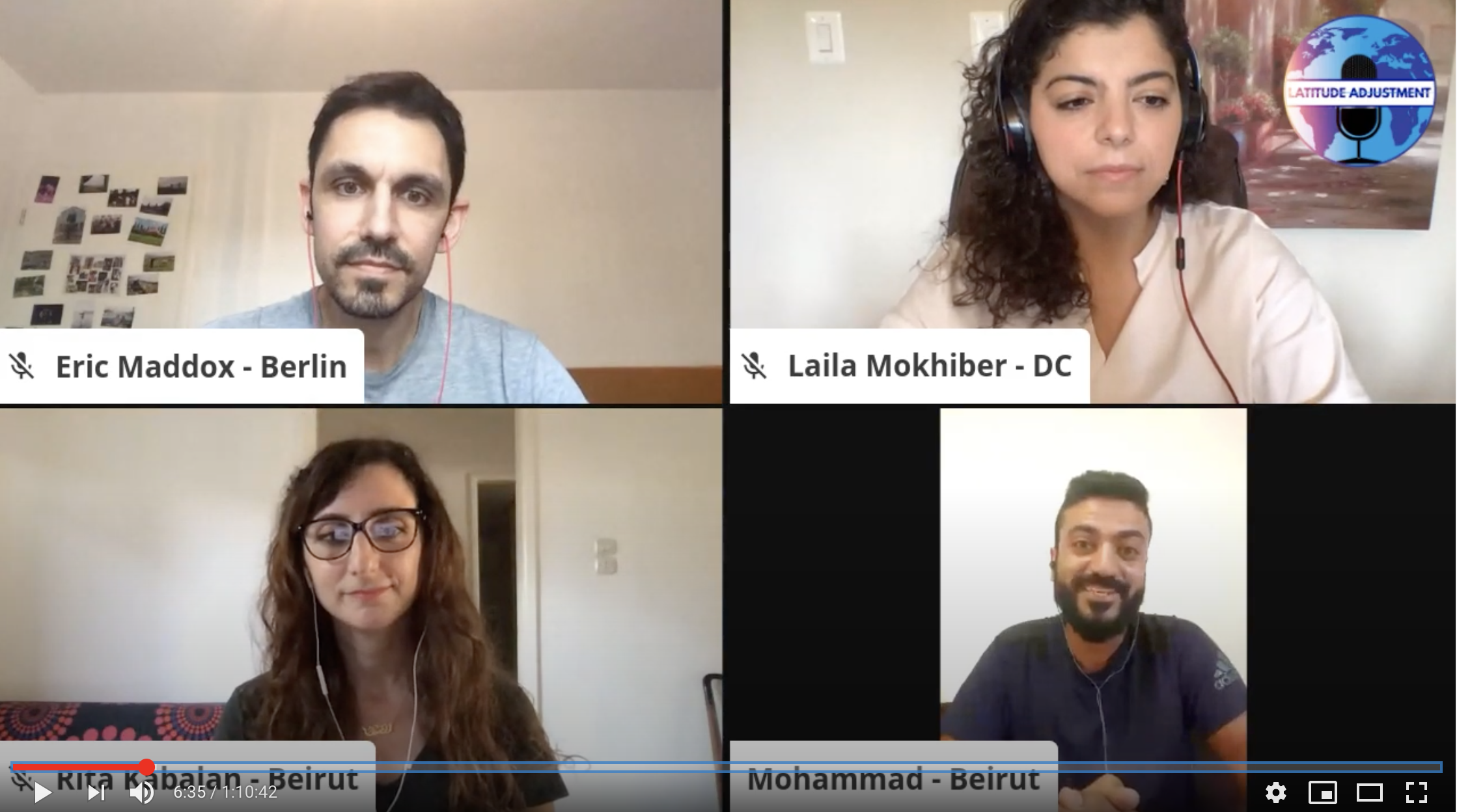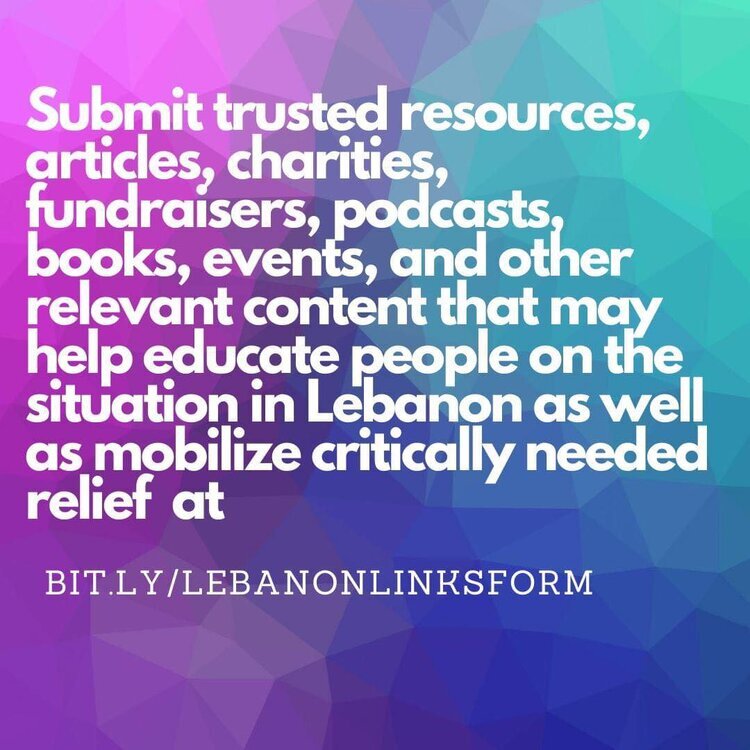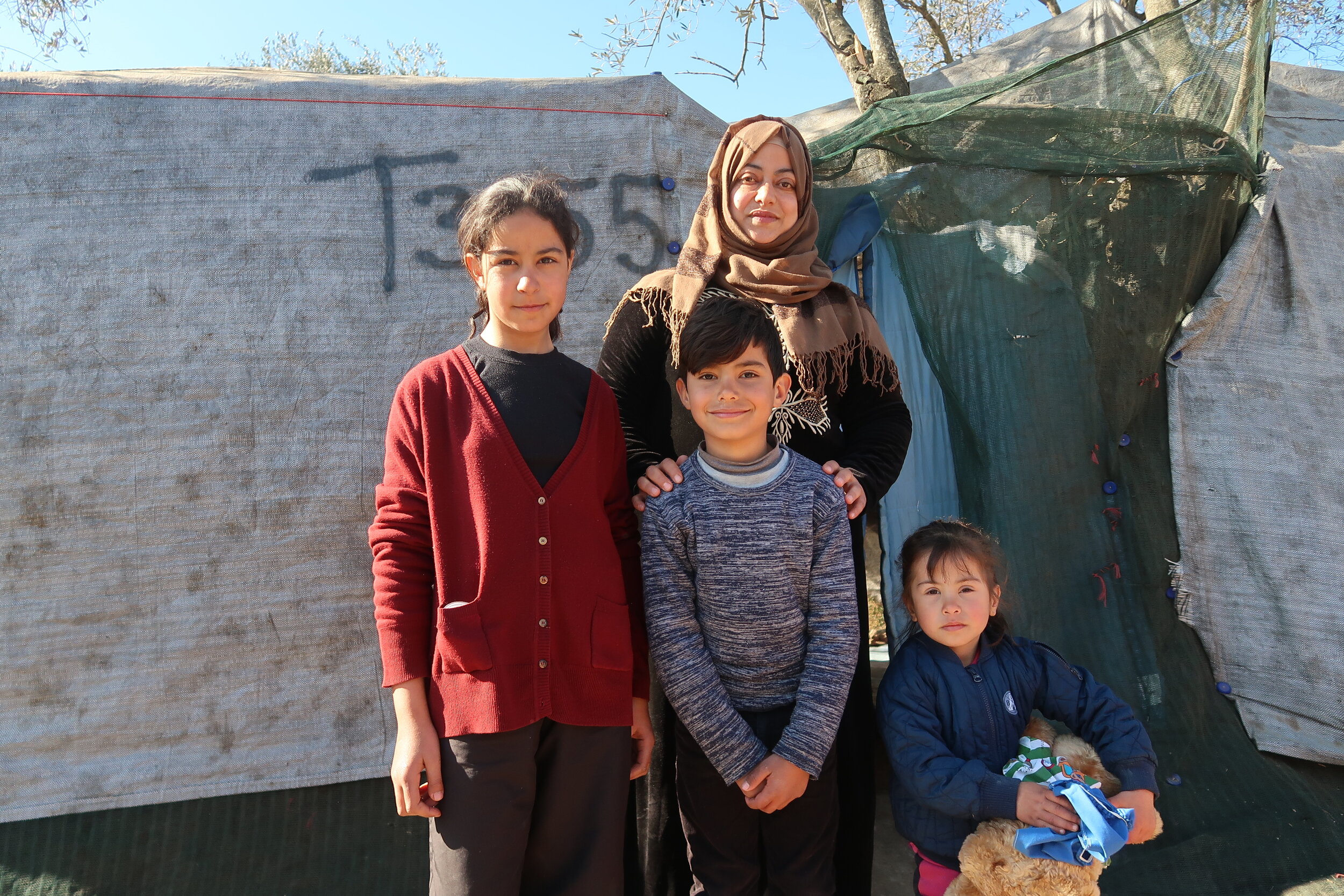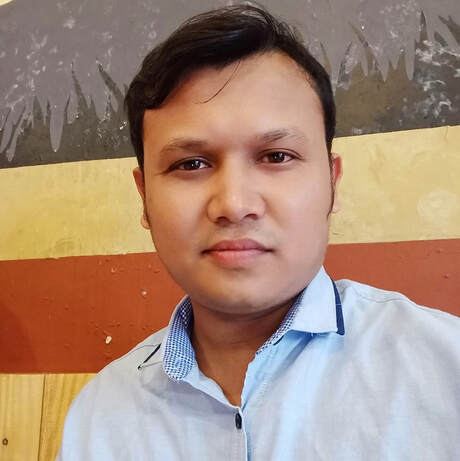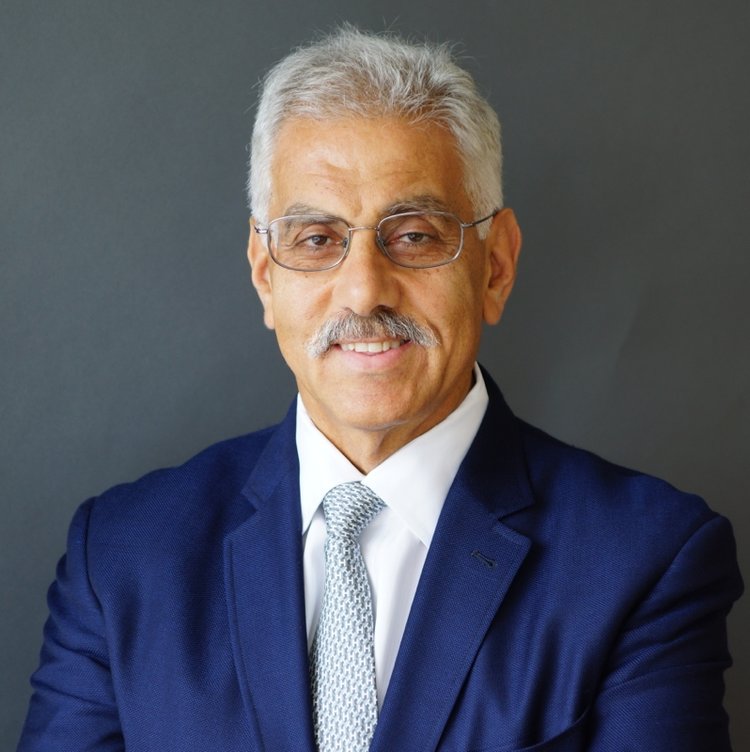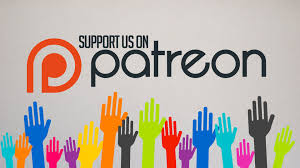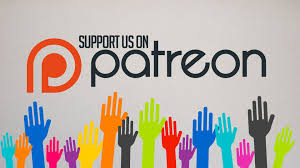In 1975 Spain formally ended its colonization of "Spanish Sahara", but instead of ceding control to the indigenous Sahrawi population Spain instead handed the keys to its former colony to the Moroccan regime. For nearly 50 years the Sahrawi people of illegally occupied Western Sahara have been subjected to a brutal regime of settler colonialism, ethnic cleansing, resource-theft, and the violent suppression of all dissent including the systematic use of rape and torture by the Moroccan authorities.
Meanwhile, more than 170,000 Sahrawi refugees have been left to languish in refugee camps in the harsh desert of Western Algeria, separated from Western Sahara by the second longest wall in the world, with 75% of their food aid having been cut in the past year by the World Food Program. All of this while the world largely turns away, content to purchase cheap phosphates and fish that have been pillaged from Sahrawi territory by Morocco. Using its veto in the UN, France has rendered MINURSO effectively useless, making it the only UN peacekeeping force in the world without a mandate to report on human rights. More recently the US, Spain, and Israel have chosen to break with decades of international consensus and to legitimize Morocco's illegal occupation.
For a quick speed-history lesson of the Sahrawi struggle, be sure to listen to the short podcast that immediately precedes this episode: "Africa's Last Colony".
Also be sure to check out our plans to complete a series of field reports and documentary projects from the Sahrawi Camps in Western Algeria at: Last African Colony
Swedish activists Sanna Ghotbi and Benjamin Ladraa combine to make Solidarity Rising, an organization that aims to create deeper and more prolific connections between occupied peoples and solidarity movements around the world. Having left Sweden on their bicycles on May 15th, 2022, Bike4WesternSahara is their current initiative to break the media blockade on Western Sahara. Stopping to work with communities along the way, they aim to educate the public about the oppression of the Sahrawi people and to mobilize public opinion in support of justice for the Sahrawi people and an end to the Moroccan occupation. Support them on their Patreon page and follow them on Facebook!
106: From Kabul to Canada (2 of 2)
This is the second of a two-part series about Basir Bita’s escape from Afghanistan after the US withdrawal in August, 2021. In this second half of his story, Basir shares his experiences getting from Pakistan to Canada, the challenges of adjusting to a new culture, the double-standards in Western moralizing, and navigating the prejudices and stereotypes that refugees often face. Be sure to listen to part one, about the fall of Kabul and about his family’s escape from Afghanistan after the US withdrawal in August of 2021.
Also be sure to listen to our interview with Afghan photographer and interpreter Abdul Saboor, who escaped overland to France.
And our field reports and interviews with refugees in Greece.
105: Abandoned in Afghanistan (1 of 2)
On August 30th 2021, the US and its coalition partners ended their nearly twenty-year occupation of Afghanistan. Two weeks before they left, the Taliban swept across the country taking major urban centers, including Kabul. As embassies were abandoned, and as Afghans government officials fled the country, those Afghan citizens who had worked with the occupying forces faced the very real prospect of execution by the Taliban as collaborators. Yet, just Afghan interpreters had been abandoned in years past, many were left behind when the last US flight left the country. Now they, and the millions of Afghans who never had any hope of being evacuated to begin with, were left to scramble for their survival.
Basir Bita last appeared on Latitude Adjustment Podcast just two weeks before the Taliban takeover of Kabul, and a month before US and international forces left the country. Though he and his family had been issued a visa for his work with the Canadian government, they were left behind. This episode is the first of a two-part series in which Basir recounts what happened next.
Also, be sure to listen to our last episode with Basir, before the fall of Kabul.
Our interview with Afghan photographer and interpreter Abdul Saboor, who escaped overland to France.
And our field reports and interviews with refugees in Greece.
93: Jana, A Double-Refugee from Syria and Ukraine
This marks the second episode of a two-part series on the war in Ukraine. For this episode we speak with Jana Kalaaji, a Syrian national who fled the war in her country to study medicine in Ukraine, only to become a double-refugee after the outbreak of another war in her new home, along Ukraine’s border with Russia.
87: Will We Just Forget Afghanistan?
As the formal US occupation of Afghanistan comes to an ignominious close, human rights defender Basir Bita joins us again from Kabul. We discuss the recent offensive by the Taliban that has seen it taking large swathes of the country, the varied interests and involvement of the key international players in Afghanistan’s present and future, and perhaps most critically, the legacy of US abandonment of those Afghans who have put their lives on the line to aid its two decades of foreign occupation.
And for US citizens, this document has all the info you need concerning whom to call in Washington, and even a script for what you need to say to them to help evacuate as many Afghans as possible.
We can throw our hands up and wish that somebody would make things better, or we can be those people right now, today. The choice is yours. Let's move!
Also Recommended by Our Guest:
83: The Hazara and the US Afghanistan Withdrawal
On May 8th, 85 people were killed in a bomb attack near a school in Kabul. Many of those killed were young women. The bomb was detonated in a part of Kabul that is home to the Hazara, an Afghan minority group that has been a frequent target of attacks, including a massacre in a maternity war last year that killed 24 people. The Hazara are a predominantly Shia-Muslim ethnic minority in Afghanistan, and a community that has suffered a long history of brutal persecution and oppression.
Previous guest, and nonviolence activist, Basir Bita joins us again from Kabul, Afghanistan, but this time we’ll be talking about his community, the Hazara, and about the personal impact that the May 8th attack had on him and on his family. Be sure to check out our previous interview with Basir in Episode 39.
For additional reading about the history and contemporary issues facing the Hazara community, be sure to check out this article from MinorityRights.org.
Additional Resources Recommended by our Guest:
82: Palestinian Voices - East Jerusalem: Colonialism & Apartheid
For this second of two episodes about current events in Palestine we will be focusing specifically on the situation in East Jerusalem, and in the east Jerusalem neighborhood of Sheikh Jarrah. East Jerusalem, which contains the old city, has been illegally occupied by Israel since the Israeli military captured it, along with the rest of the West Bank, Gaza, and the Golan Heights, in the “Six Day War” of 1967.
Since that time its Palestinian residents have been the targets of ongoing harassment, violence, and forced displacement by illegal Jewish settlers. The most recent instance of this ethnic cleansing campaign targeted residents of east Jerusalem's Sheikh Jarrah neighborhood. When Palestinians attempted to protest and resist, a brutal crackdown was waged by the Israeli authorities, a crackdown that is now reverberating across the West Bank, inside Israel, and in the form of yet another horrific Israeli bombing campaign on Gaza.
We hope that what you hear in this show inspires you to share it and to take action.
Join the Boycott, Divestment, and Sanctions movement, and follow the Five things you can do to support Palestinian human rights, right now.
Recommended Resources:
81: Palestinian Voices: Gaza - Resilience & Mental Health
This episode is the first of a two part series we are doing on Palestine. This episode focuses on voices from Gaza, while the next episode highlights voices from east Jerusalem. You don’t need to listen to them in any particular order, but we strongly recommend that you listen to both in their entirety.
You will hear a lot today about the psychological toll that repeated wars, devastation, poverty, deprivation, and abandonment by the international community have had on the 2 million residents of one of the most densely populated stretches of land on earth.
We hope that what you hear inspires you to share this show with others and to take action.
Both of our guests also write for “We Are Not Numbers”.
Be sure to read this essay by guest Haneen AbdAlnabi about her experiences as a child in Gaza.
And read this piece by guest Anas Jnena about the past week of attacks on Gaza.
Join the Boycott, Divestment, and Sanctions movement, and follow the Five things you can do to support Palestinian human rights, right now.
Recommended resources:
Bonus: The Problem With "Peace Projects" In Palestine
For this bonus episode I’m going to be doing something I’ve rarely done on this show, I’m not going to interview anyone. This is me speaking with no notes or preparation, just off the cuff and from the heart about some issues that have weighed heavily on me for a long time, issues that I think a lot of people in my line of work are afraid to talk about, especially in the US. It deals with why we rarely see Western media and Western nonprofits representing the perspectives of Palestinian youth with any depth or nuance.
I first recorded the following remarks as a video on my phone. If you want to watch the video version you can find the link to the original Facebook post here.
Revisited: No Name Kitchen (with update interview)
For this re-released episode we include the entirety of our original interview completed in late 2018, and we catch up with Bruno for a detailed update about his current work with No Name Kitchen. If you want to skip to the new interview from April 2021, it starts at: 43:43
Bruno Morán is from Asturias, Spain, and is a co-founder of No Name Kitchen, an NGO that provides food, sleeping bags, basic necessities, and a community space for refugees in transit along the Serbian and Bosnian borders with Croatia.
In addition to providing basic services, No Name Kitchen has also become a primary point of contact for those who have been pushed back from the Croatian border, and as a result the organization has found itself involved in documenting and sharing the growing number of reported abuses by the Croatian border police against those who are seeking to cross into the EU, people who have no legal means of registering themselves in bordering countries.
In this episode we cover what is happening on the ground, the practical challenges of running a small front line organization, and some advice on how you can get involved in global events in your community.
73: Africa, Race, and Racism in the Aid Community (2 of 2)
This episode is the second of a two-part conversation with Tity Agbahey. Tity is an attorney and a staffer at Amnesty International. Based in Senegal, her current work focuses on central Africa, though her previous work has focused elsewhere on the continent, and her life and travels have taken her to points beyond.
This pair of episodes should appeal to two types of listeners, those who know what it feels like to be the only one who looks like you in your university class, in your staff meetings, or on a discussion panel at a conference, and those who don’t but who want to understand.
This is also a conversation about colonialism, paternalism, and racism in one of the last places you should expect to find it, in the international aid and development sector. It’s also a conversation about the world’s general ambivalence towards African suffering, the benefits and limitations of African to African-American solidarity, privilege within an African cultural context, racism in France, internalized colonialism, an African perspective on racism in the US, and everything else we could think to get off of our chests during a very open conversation.
72: Africa, Race, and Racism in the Aid Community (1 of 2)
This episode is the first of a two-part conversation with Tity Agbahey. Tity is an attorney and a staffer at Amnesty International. Based in Senegal, her current work focuses on central Africa, though her previous work has focused elsewhere on the continent, and her life and travels have taken her to points beyond.
This pair of episodes should appeal to two types of listeners, those who know what it feels like to be the only one who looks like you in your university class, in your staff meetings, or on a discussion panel at a conference, and those who don’t but who want to understand.
This is also a conversation about colonialism, paternalism, and racism in one of the last places you should expect to find it, in the international aid and development sector. It’s also a conversation about the world’s general ambivalence towards African suffering, the benefits and limitations of African to African-American solidarity, privilege within an African cultural context, racism in France, internalized colonialism, an African perspective on racism in the US, and everything else we could think to get off of our chests during a very open conversation.
Also it is in no way our intention to suggest that the opinions and points put forth in this episode represent the full depth and breadth of views held by 1.3 billion Africans. This is not the first, and it will certainly not be the last conversation about Africa and its 54 nations on this show, and we sincerely hope that you will check out our back catalogue and listen to previous episodes on related topics, from contemporary politics and economics in Zimbabwe, social entrepreneurship in the DRC, the Fulani people, and the role of women in Sudan’s ongoing revolution, to name just a few.
67: Live! On the Ground in Beirut
This episode is the audio version of a live video broadcast that aired on Friday, August 7th, featuring guests on the ground in Beirut, Lebanon. Our guests are Mohammad Hamoud, a Lebanese activist and humanitarian relief worker, and Rita Kabalan, a Lebanese-American photojournalist based in Beirut.
On Tuesday, August 4th, a massive explosion rocked Beirut's port when tons of improperly stored ammonium-nitrate was ignited by a fire in a storage facility. Now, more than a week on from the explosion the death toll already numbers more than 200, with approximately 6,000 injured and hundreds of thousands left homeless. This man-made disaster also came at a time of ongoing political and deep financial crisis in the tiny nation that is also home to the world's largest per-capita population of refugees.
Episode 65: On the Ground in Idlib, Syria
Since the war in Syria began in 2011 more than 12 million of its citizens (over half of its pre-war population) have been displaced. With global interest in the war having waned in recent years, remaining concerns about the Syrian people tend to focus on the relatively small number of refugees who have attempted to reach Europe. However nearly half of all displaced Syrians still reside in Syria, with the overwhelming number of refugees left languishing and forgotten in Lebanon, Jordan, and Turkey.
What’s more, Idlib in northern Syria, is one of the few parts of the country that has not been recaptured by the Assad regime, but nearly a decade of war has taken an extreme toll on its inhabitants, with Coronavirus, continued fighting, and economic collapse creating a perfect humanitarian storm that has left Idlib in its most desperate circumstances of the war, with millions facing immanent risk of starvation, exposure to the elements, and perhaps another mass movement of people from the region like the world has not seen since 2015.
Nour Qurmosh grew up in Idlib and continues to work there delivering aid to his fellow citizens. At 23 years old, Nour has spent the past 9 years living under Syria’s civil war. He gives us a rare glimpse into what nearly a decade of brutal violence has looked like to someone who has lived through all of it. His account is personal, frank, and possibly upsetting. It also speaks for itself.
Cited in this episode:
Mercy Corps Report
World Vision Report
The Guardian
Episode 61: Gaza and Coronavirus
We talk to Dr. Sadi Nkhala in Gaza about the implications of a coronavirus outbreak in the Gaza Strip. Gaza has presently been spared from the worst case scenario, but like many poor communities, and like many communities containing large numbers of refugees, it is uniquely vulnerable. Like the rest of Gaza’s 2 million inhabitants, Sadi has been living under the Israeli-imposed siege on the coastal territory since 2007.
Latitude Adjustment Podcast has no financial or commercial connection to UNRWA. We just suggest them as a place to focus your supports. Other suggestions welcome! Contact us through our Facebook page with any questions.
Dr. Sadi Nkhala
Episode 59: A Refugee Camp Based On Solidarity
Pikpa Camp has been threatened with closure by October 15th, 2020!
For more information on how you can help to #SavePikpa join this group.
Originally from Athens, Efi Latsoudi studied psychology and worked with a range of vulnerable communities before moving to Lesvos in 2001. Efi’s experiences and her story provide a historical perspective on the refugee crisis in Greece that we almost never get from traditional media. For starters, refugees didn’t start coming to Greece in 2015. That story starts much earlier, and many of the problems and tensions we are seeing today are a repeat of events that took place more than a decade ago. Efi Latsoudi began her work with refugees on Lesvos in the mid 2000’s but it was in 2012 that she founded PIKPA camp, a self-organized squat-camp for refugees, and a political statement about how vulnerable people might be housed and treated if communities and resources were brought together in a more thoughtful and compassionate way. To put it bluntly, PIKPA is the antithesis of Moria Camp. The camp is also very small. At its height in 2015 it hosted around 600 people. But its capacity is closer to 150. However PIKPA is far more than a space for alternative housing. It distributes food, offers language classes and other services, and since its opening in 2012 it’s served tens of thousands of people.
This episode is the third segment of a multi-part collaboration between Latitude Adjustment Podcast and Croatian NGO, Are You Syrious.
WE'RE COLLECTING INTERVIEWS IN THE FIELD. LOOK FOR OUR UPCOMING SERIES.
And follow our journey on Instagram as we collaborate with Are You Syrious to highlight the stories of refugees and communities along the borders of the European Union…
Episode 42: Stateless - Myanmar's Rohingya People
In 1982 the Myanmar (Burmese) military government passed a citizenship law that effectively stripped the Rohingya community of their nationality overnight. They’ve been stateless ever since, and subject to institutionalized discrimination and coordinated persecution that has greatly restricted their movement and their access to jobs and to education.
Although there have been reports of attacks and massacres in the past, in August of 2017 Myanmar’s military began a campaign to drive many Rohingya out of their homes in Rakhine state, with the result that roughly 900,000 refugees have fled the country, with reports of widespread and coordinated attacks utilizing arson, rape, and mass killing that bear signs of genocide. Refugee camps in neighboring Bangladesh have long since been filled past overflowing, and many have been reduced to living in squalid and unsafe conditions in and around the camps.
JN Joniad fled his home in Rakhine state 6 years ago, and is currently registered in with UNHCR in Indonesia as a refugee, while he awaits resettlement elsewhere. His story not only illuminates the condition of fellow Rohingya, but also uncovers what appears to be a global trend amongst wealthy nations (the US, EU, and Australia) to outsource their border enforcement policy to developing nations through a strategy of deterrence and obscured accountability.
Episode 33: Bringing Palestine to the US
Faisel Saleh was born the 11th of 11 children in the West Bank town of El Bireh after his parents fled from their home in Salama (near Tel Aviv) during the 1948 war. Those events created the state of Israel and what 700,000 Palestinians and their millions of descendants refer to as “The Nakba”, or the catastrophe. Faisal came to the US in 1969 to pursue his education, later becoming a successful entrepreneur. Last year he founded the Palestine Museum US, in Woodbridge, Connecticut, the first museum of its kind in the Western Hemisphere.
In addition to providing a space to share and preserve the culture for Palestinian Americans, Palestinians of the global diaspora, and for Palestinians in Palestine, it’s also a space for non-Palestinians who create art or commentary about the community and its history.
But to talk about the art, culture, and history of Palestine and its people opens the door to a much wider conversation about the current conditions of the community, and in particular the circumstances of Palestinian refugees, and of those who have been enduring more than a decade of life under siege in the Gaza Strip and 52 years of Israeli military occupation.
Resources for questioning the dominant narratives about Israel-Palestine and the US:
Episode 31: Out of Options - Syrian & Yemeni in Malaysia
Hashed had to flee Yemen after his father was killed, and what followed was an odyssey that has taken him from Djibouti, to India, to Malaysia, where his struggle is far from over.
Hassan is from Syria, and he also wound up in Malaysia, after his work visa in the UAE expired and the Emirati government threatened to deport him back to Syria. Hassan became the subject of international attention when he spent 7 months trapped in the Kuala Lumpur airport. These are their stories, and you can help.

